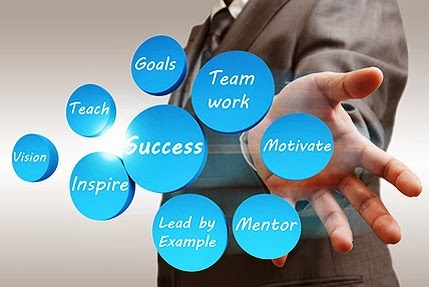What is body language?
Body language is a form of non-verbal communication a lot of information. Body language includes gestures facial expressions I contact, and even the tone of the voice. Body language gives a lot of information to the audience. In fact it enhances the speech and often emphasises the points which Speaker wants to make. When the Speaker wants to express himself or herself clearly and effectively body language lends a helping hand. Therefore it’s necessary for the speakers to understand the body language as well as the practice of the language should be their mandate.
Positive body language is critical for your confidence and for giving your presence felt. standing tall using open gestures and maintaining eye contact makes you make you appear more confident and assertive which in turn can influence how others perceive your personality.
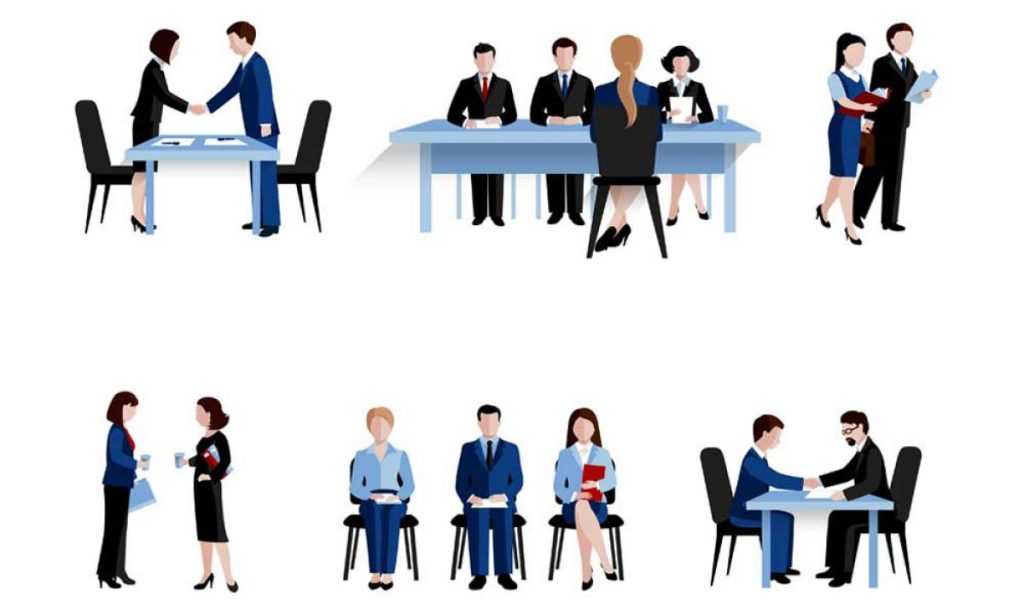
Building relationships
good body language can help you to build a rapport with your listeners and establish connection with others. You can be on the same page to influence people you will sound more trustworthy with a positive body language. It in its facilitates better communication and augments relationship building.
Helps creating an impression
Whether it’s a professional situation or you are conversing to a group of friends your body language definitely helps you to create a better impression. Authentic and genuine expression body language can foster better understanding and deeper connections with others.

Enhances self-awareness
When you pay good attention to create your own positivity with the body language it also helps you in self-awareness. It allows you to recognise your conduct and behaviour. It also helps you to make adjustments as they will be needed to improve your interaction with others and overall personality
Insured body language is a powerful tool for communication, relationship building and self-expression. Being mindful of your body language can contribute to the development of a good personality by a nursing your communication skills, building confidence and fostering meaningful connections with others.
PublicSpeaking and body language.
The role of body language in PublicSpeaking is critical. Holding high head straight back and avoiding drooping shoulders gives a very impressive picture of yours to the audience. It enhances your confidence and also your credibility. you are able to maintain good eye contact with the audience whether it is one person or it’s a group of people or you are speaking on from the stage. It also helps you to use your gestures and gestures and facial expressions to enhance your communication.

what is the ideal posture?
The ideal posture is one where your body is properly aligned in a balanced position promoting optimal health and minimising strain on muscles and joints. Some suggestions are as below.
Keep your feet shoulder with apart distribute your body weight evenly on both feet straight line from your ears through your shoulders hips knees and down to your ankles. Tuck in your chin slightly and keep head aligned with your spine. Relax your shoulders and keep them Old back forward avoid leaning to one side or oscillating from 1 foot to another
While sitting sit back in your chair properly supported keeping your spine straight and head upright on the shoulders.
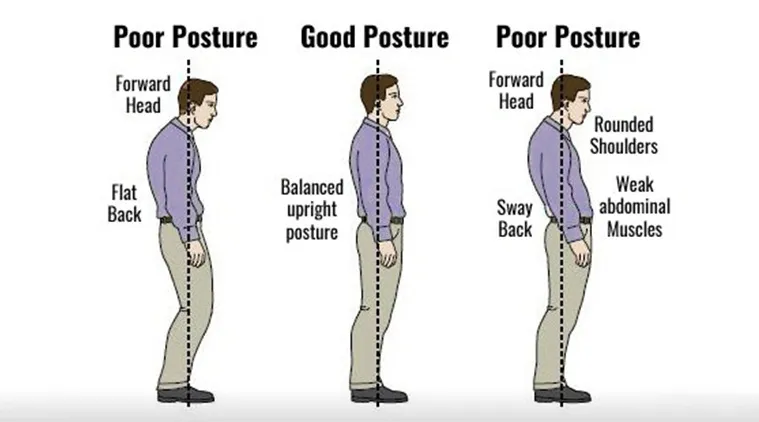
How to maintain eye contact with the audience?
It’s critical that you maintain a good eye contact with your audience. You don’t have to fix your gaze on one or two persons you have to scan the entire room so that we entire audience feels that you are with them. Hold attention with appropriate VoiceModulation. and face gestures.

What is the ideal movement on the stage?
The ideal movement on the stage depends on various factors such as context of the performance the style of your presentation and the mix of the audience. Movement should be purposeful. Don’t go for the sake of moving but advancing or getting back or going to one direction or the other if it is done with deliberation the same can be very effective.

How to use body language to emphasise an article that further the points that you are making in the speech?
As has been detailed above use your hand gestures to further illustrate your concepts for example if you are talking about size of size of something you can use your hands to indicate it scale. Likewise facial expressions also convey range of emotions. Spiling following or brown or raising your eyebrow can help you emphasise the tone and importance of what you are saying. Likewise your posture gives dignity and grace your presence on the stage. In short body language must be properly understood By the public speaker and he or she must use it to their advantage.
Thanks for reading.

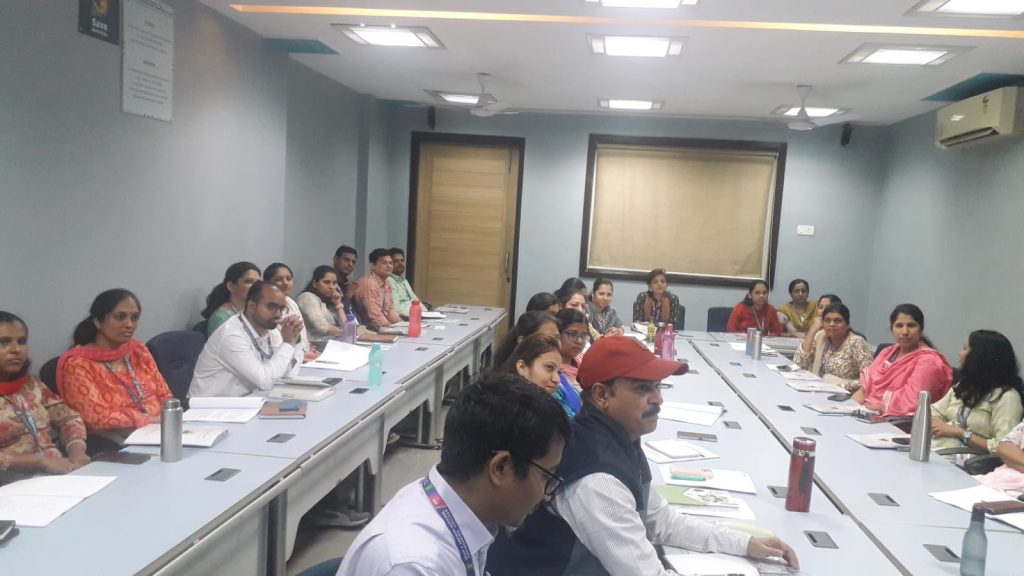
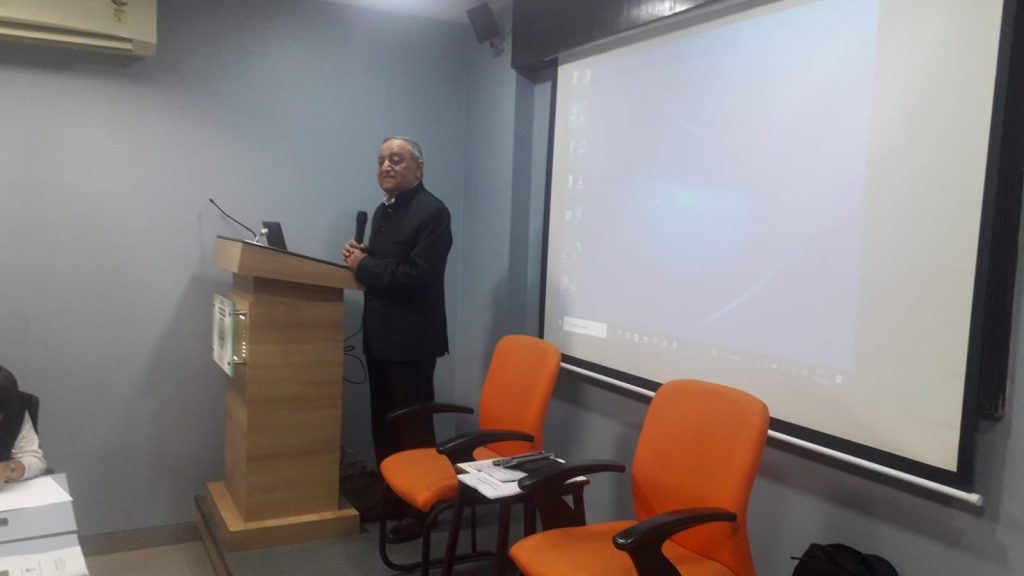
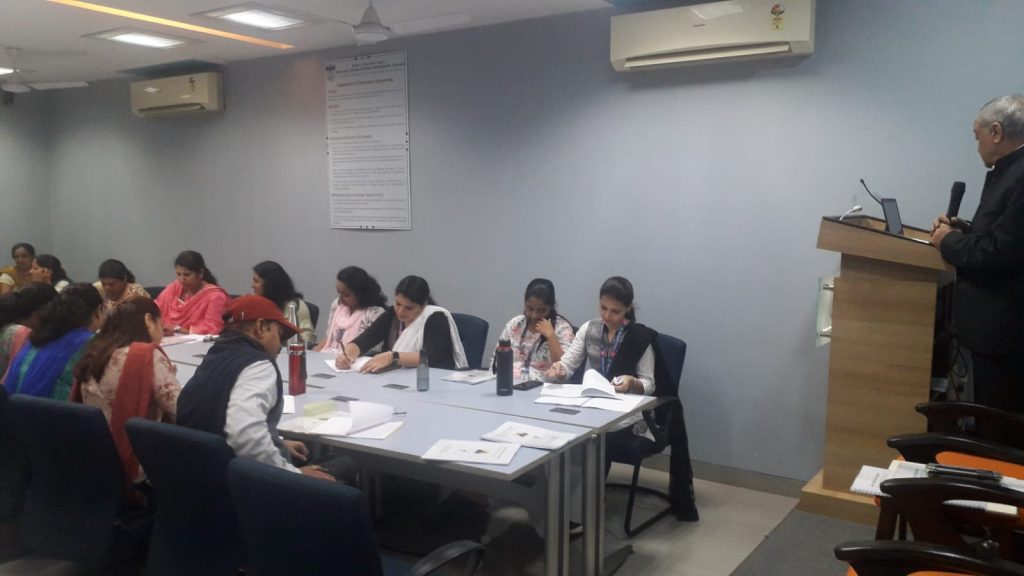
:max_bytes(150000):strip_icc():format(webp)/critical-thinking-definition-with-examples-2063745-updated2020-10ac813131654257b3e637fe20050ef7.png)















